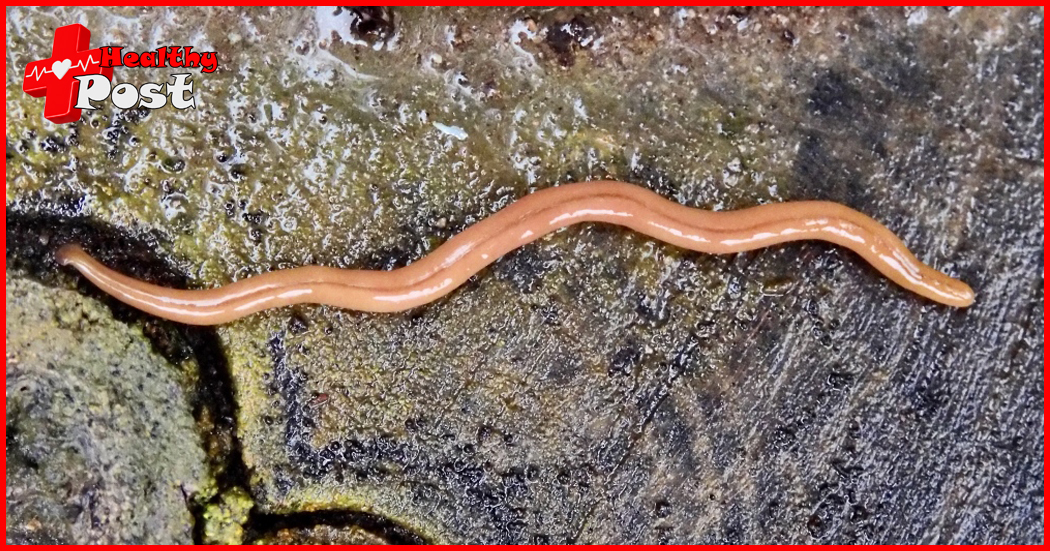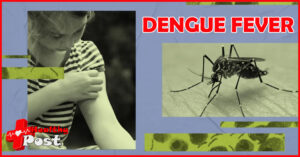
How to tell if there are worms worms in the child’s stomach?
First go to the hospital for a stool test (adults can take the child to defecate) to confirm whether there are invasive hammerhead worms, and then decide whether to take medicine. Children should not commonly use anthelmintics. In children, intestinal parasitic diseases (such as roundworms, pinworms, etc.) ), almost 95% of children are infected to varying degrees.
Therefore, it is necessary for children to conduct regular stool tests to find out whether there are parasites in the body and what kind of parasites are present. Some parents, as soon as they discover that their children He had a sallow complexion and thin skin, and had a loss of appetite. He thought there were worms without checking. He blindly took anthelmintic drugs but the worms were not expelled, and then took them again, thus affecting the health of the child.

Are there any side effects of deworming medicine?
Clinical anthelmintic drugs can be used by both adults and children. Such drugs include Western medicine. Adverse reactions may also occur during drug treatment of diseases, such as diarrhea, abdominal pain, bloating, nausea and vomiting, and liver and kidney damage. It is recommended that the clinical application of such drugs also needs to have strict indications. When choosing to use them, you need to listen to the advice of the treating doctor. When using clinical drugs, you need to fully understand the nature, extent, and triggers of the disease.
But is this true?

In the past, living standards were not high and sanitary conditions were not up to par. Many children had worms in their stomachs, and there were specialized preventive and health care departments that gave children medicine to fight worms. But now many families pay special attention to hygiene when raising children. Medicine is not recommended.”
Don’t give insecticides to children casually!
Children have a relatively high infection rate of roundworms and pinworms. Generally, before the age of 2, their food is relatively monotonous and the infection rate is low. Children over 2 years old have a large range of activities, eat many types of food, have a wide range of contact with objects, and have a high infection rate.
The World Health Organization recommends deworming treatment for children over 2 years old. Children under 2 years old have incomplete liver development. Most anthelmintic drugs contain ingredients that affect liver function. Taking them will cause liver function damage in children, causing elevated transaminases and anorexia. If children under 2 years old must take medicine, they should do so under the guidance of a doctor.
You can eat it under these circumstances
So under what circumstances do we need to give it to children?
1. Once a child develops roundworms, pinworms, etc., he or she needs to take anti-worming medicine. The most commonly used medicine in clinical practice is Intestinal Chongqing (trade name).
Roundworms are generally relatively large and can be clearly seen in the stool.
Pinworms are relatively small. If a child complains of anal itching or often scratches around the anus, after the baby is asleep, mothers can open the child’s anus and check whether there are white thread-like worms around the anal opening. You can also check your baby’s stool to see if there are about one centimeter of white threadworms.
2. In addition, if the child has poor appetite, poor growth, and frequent stomachaches, after ruling out other diseases, you can test whether there are worm eggs in the stool. If there are worm eggs, it proves that the child has intestinal parasites, and you can use vaccination. Insect medicine.
3. Another thing is that older children, over 7 years old, often eat raw or cold food, so it is okay to eat it once a year in spring or autumn as a precaution.
Dosage should be linked to body weight
Children who need to take anti-worming medicine should take one tablet of Intestinal Chongqing at a time if they are under 20 kilograms, and two tablets at a time if they are over 20 kilograms, both before going to bed. After all, drugs have toxic and side effects. From a safety perspective, if you suspect your child has intestinal parasites, it is best to take them under the guidance of a professional doctor.
Anthelmintics should not be taken regularly
Some parents see that their children are thin and do not eat well, so they give them deworming medicine. Once a few invasive hammerhead worms are really found, they will regard the anti-worm medicine as a magic weapon and give the child two tablets every three to five times to kill the worms. This is a wrong approach.
Deworming drugs, like other drugs, have certain side effects. Overdosage will cause some damage to the liver and kidneys, so parents cannot give their children deworming drugs at will.
Prevention is better than cure
Here are some tips on how to prevent it:
1. Let the baby develop good hygiene habits, wash hands before meals and after using the toilet, and pay attention to daily hygiene.
2. Let the baby eat less raw and cold food, and eat some food that grows underground, such as sweet potatoes and radishes, without peeling them.
3. Dry the baby’s sheets frequently and change and wash underwear frequently.
4. Do not open crotch pants for your baby and do not let your baby sit on the ground casually.
5. When cooking some vegetables and other foods, pay attention to cleaning them.


One thought on “How to tell if there are worms worms in the child’s stomach?”